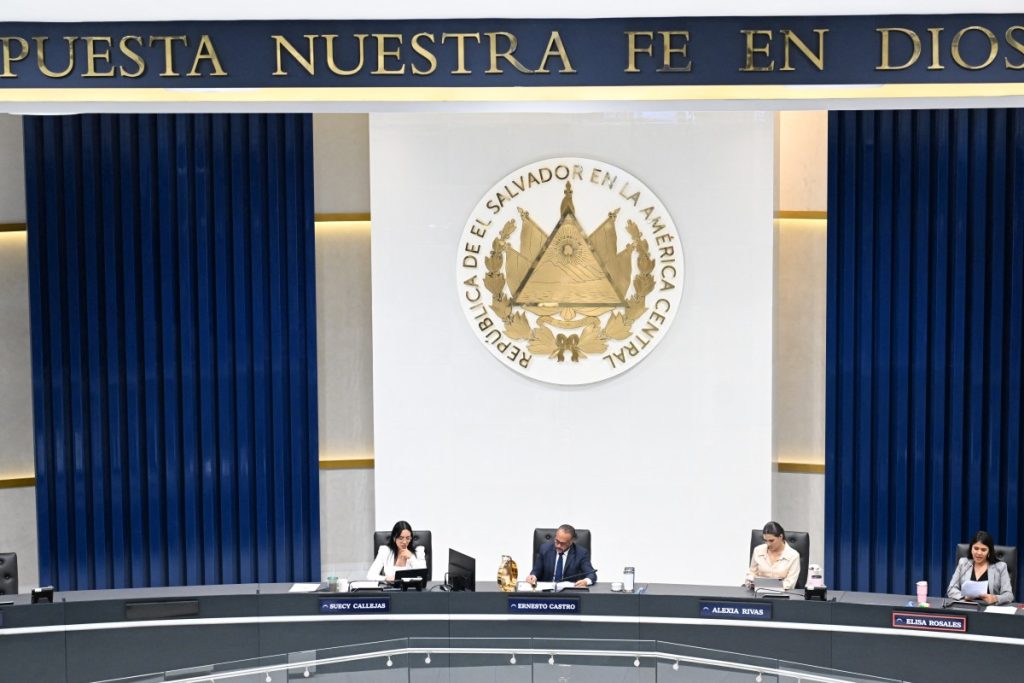The Congress of El Salvador, controlled by President Nayib Bukele’s party, approved a major constitutional reform on Thursday that grants him the right to pursue indefinite re-election and extends presidential terms from five years to six.
Bukele, who has been in office since 2019 and won re-election in 2024 with an overwhelming 85 per cent of the vote, now exercises almost complete control over the nation’s institutions, a situation the opposition refers to as a “dictatorship.”
In a rushed voting process, 57 out of 60 lawmakers approved changes that permit re-election “without reservation,” increase the presidential term from five to six years, and eliminate the requirement for a second round of voting in elections. Additionally, the lawmakers decided to synchronise legislative, presidential, and municipal elections.
Celebratory fireworks lit up the main square in San Salvador as the reform was confirmed during a late-night session. The reform also reduces the current presidential term by two years, moving the general elections to March 2027, which would enable Bukele to pursue a longer new term sooner than initially planned if he secures victory.
Bukele enjoys significant popularity in the country due to his stringent campaign against criminal gangs, which has led to a dramatic decrease in violence. However, this approach has faced strong disapproval from international human rights organisations.

The reforms occurred soon after a series of arrests aimed at human rights advocates and government critics, leading many journalists and humanitarian workers to flee the nation.
Supported by a relationship with Trump, the Bukele administration arrested human rights advocates in May and June, including notable lawyer Ruth Lopez, who had spoken out against alleged government corruption.
Under the ongoing emergency regime, around 88,000 individuals have been detained on gang-related charges, with rights organisations asserting that thousands were apprehended arbitrarily, and more than 400 have died while in custody.
Concerns regarding Bukele’s 2024 re-election had already arisen, as critics claimed it infringed upon the constitution and was facilitated by a ruling from loyalist judges.


 Trending
Trending 
